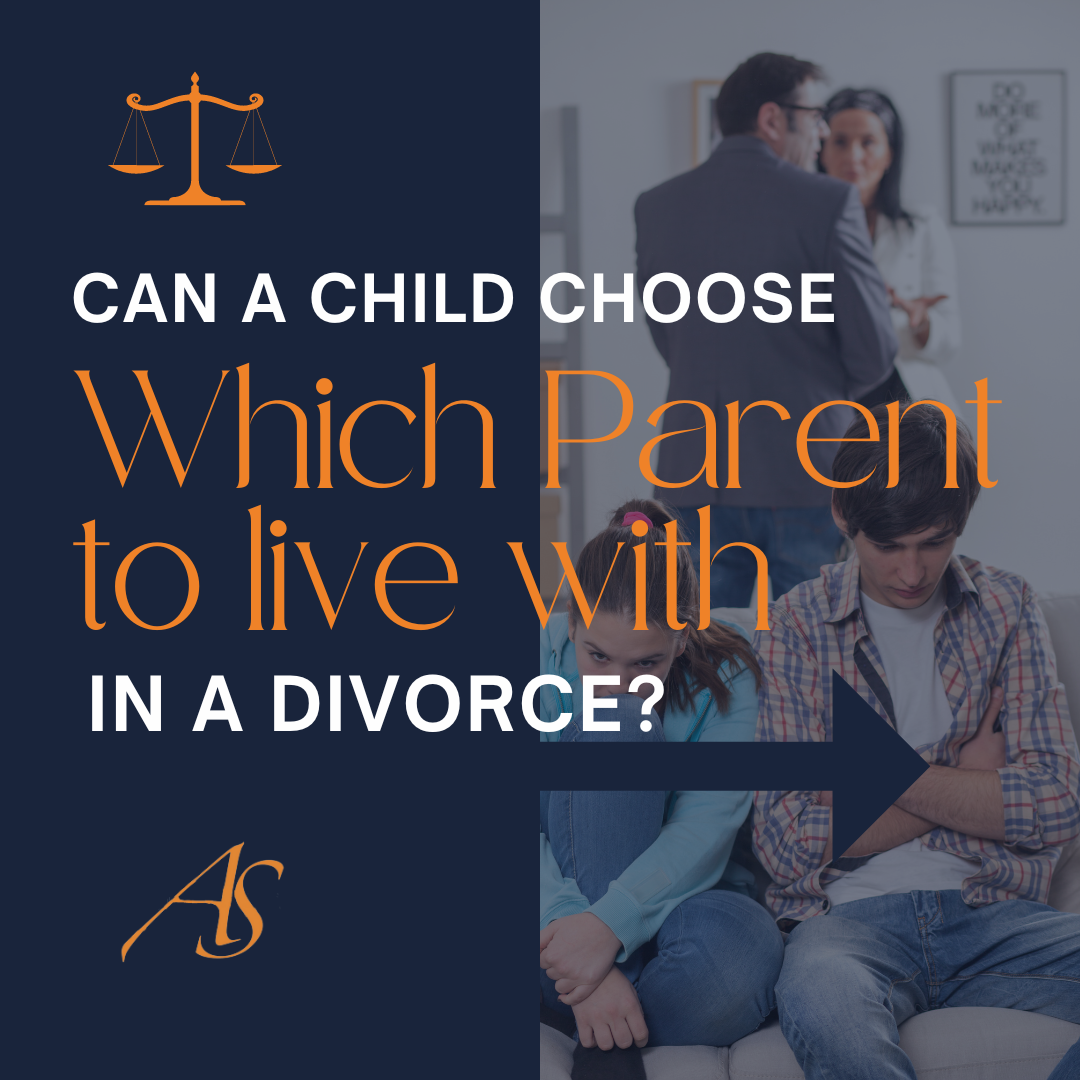 How Do We Prove Separation in an Absolute Divorce in North Carolina?
How Do We Prove Separation in an Absolute Divorce in North Carolina?
Divorce laws vary from state to state. The criteria and requirements for divorce are based on the state laws of North Carolina. North Carolina allows for a no-fault divorce, but it comes with a specific requirement that you and your spouse must be separated for one year. This means that before you can get a divorce, you and your spouse have to reside in different places for at least one year. Additionally, at least one of the parties must intend to end the marriage. You must be able to prove that you and your spouse were indeed living in separate residences in order to comply with the law.
Divorce Laws in North Carolina
 Charlotte Divorce Lawyer Blog
Charlotte Divorce Lawyer Blog










